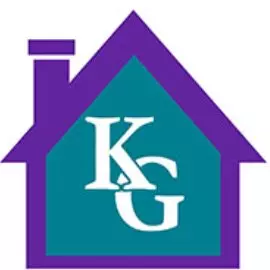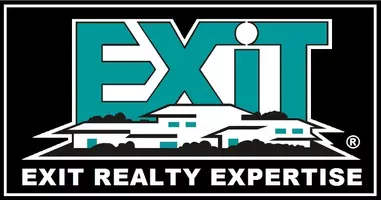Top Home Selling Tips : How To Prepare Your Property
Top Home Selling Tips 2022: How to Prepare Your Property While things like lot size and the number of rooms may be harder to alter when selling your home, the following house selling tips will address the main concerns of potential buyers and what they commonly look for in a home. Here are the top h
Home Selling Tips: What Do Buyers Look for in a Home?
What Do Buyers Look for in a Home? Before getting into the nitty-gritty of specifics of the best home selling tips 2022 and how to fix up your house, you should be aware of what potential buyers are looking for in your home or income property for sale. Though each buyer will have a different set of
Tips For First: Time Home Buyers
Preparing to buy tips Start saving early Here are the main costs to consider when saving for a home: Down payment: Your down payment requirement will depend on the type of mortgage you choose and the lender. Some conventional loans aimed at first-time home buyers with excellent credit allow as littl

EXIT Realty Expertise
Phone:+1(540) 775-6555

